A good combination of engineering, economics and management within the world of tech companies led Nina Åxman to choose to study Industrial Management and Engineering at Lund University’s Faculty of Engineering (LTH). It proved to be the right choice and has taken her to several exciting workplaces around the world. She is currently working as Vice President for Global Operations at Sandvik Rock Tools, a job which has enabled her to work with both engineering and leadership. This year, she was appointed Future Female Leader of 2020. Click here to read the interview in Swedish
“It feels fantastic and is a great honour. It is especially fun that they chose a leader from the tech industry. It is important to show that there is a diversity of people capable of moving the engineering sector forward. If I can contribute or inspire someone to get involved in this, that is a great outcome”, says Nina Åxman.
Nina Åxman grew up in Hallstahammar and decided to move to a real student city, and since she had always liked Lund and the Öresund region, her choice fell on Lund University’s Faculty of Engineering, LTH. She also showed an early interest in engineering and had attended ABB’s industrial upper secondary school programme.
“Industrial Management and Engineering offers great opportunities to choose your own professional career.”
Memories from LTH
Nina’s memories of Lund and LTH are very positive, both with regard to the study programme itself and Lund as a city and the wide range of activities on offer.
Studying in Lund also had the great advantage of offering access to the entire University. For example, Nina Åxman studied an introductory law course as a complement to her studies. At Industrial Management and Engineering, she found the first two years to be heavy with theoretical content, but it got more engaging as she went along. The last three years included several integrated projects in various companies, which Nina appreciated as she felt they were very close to real life. In addition, there are good opportunities for exchanges with other higher education institutions; Nina herself went to Australia.
Traineeship at Bombardier
Nina Åxman knew that she wanted to start her career in a major international company – preferably on a trainee programme which offered the opportunity to work internationally. And that is what happened; after her studies she started on a trainee programme with Bombardier transportation in Germany.
“It was an eighteen-month programme where you worked in three different six-month projects in various parts of the world. It was very good, with authentic projects. We were 15 people on the trainee programme and we made great strides together.”
Nina Åxman stayed with Bombardier for ten years, taking on many different roles in various locations in Germany, China and Sweden and moving up from a trainee position to her last assignment as a factory manager in Västerås.
One memorable project was in China, where she was responsible for doubling the production capacity of train engines in only ten months. This involved everything from investments to reorganising the work into a new shift structure for those working in the factory – keeping production going all the while during the conversion process.
“I like working in China – they see most things as doable and they are flexible and results-oriented.”
Six factories and a worldwide network in 130 countries
In early 2020, Nina started her new job at Sandvik Rock Tools, which produces drilling tools for the mining and contruction industry. As the manager for global operations, she is in charge of the global supply chain with six factories in different countries and a worldwide network in 130 countries.
“We are to reach our customers in 1-3 days. This requires a lot of planning, in particular because our tools are heavy and bulky so we try to avoid using planes, preferring to ship them by sea instead”, says Nina Åxman.
Her job involves a lot of strategic planning, with employees around the world reporting to her.
“I get to work with technology and leadership, and every day I am in contact with people from all over the world. I have great colleagues, and meanwhile there is potential for our organisation to become even better and I have a mandate to bring about change”, she says.
Normally, her position entails a lot of travel, but as for everyone else, this year has been very unusual and also demanding. Many of her working hours have been dedicated to crisis management as a result of the pandemic. It has also required a different approach to work, using a home office and holding digital meetings.
“There are both advantages and drawbacks. Many things work well and my team is spread out around the world so we have many Teams meetings anyway. At the same time, I miss the energy that arises when you meet your colleagues in real life and things are not as spontaneous as usual”, says Nina Åxman.
Her job also gives her the opportunity to work on issues that she feels very strongly about. Diversity, together with integration and sustainability are three such issues. Nina Åxman has a strong belief in the equal value of human beings and that everyone has their own intrinsic strengths and abilities which must be safeguarded. During the refugee crisis, she got involved in helping recently arrived refugees and Bombardier welcomed language trainees who were offered an insight into the industry sector.
“I also want to show that it works perfectly well to be a female leader within the tech industry. Many people have an old-fashioned image of a middle-aged man in a suit, but I am an example of the great opportunities there are and that you can be a factory manager at 32 and wear a red dress instead”, says Nina Åxman.
In brief
What does a typical day at the office look like? No two days are the same. In certain periods, there is a lot of strategic work, sometimes we need to do a lot of recruitment and then a lot of time is spent on being a sounding-board and a problem-solver together with my team.
What do you do in your spare time? I meet up with friends, exercise a lot, I go to classes at the gym, dance, do yoga and running. I love being outdoors. Diving is a major interest of mine – preferably abroad and if possible with sharks.
Do you have any life hacks? I try to simplify my life and automate as much as possible in my home. I use voice-controlled devices and my latest installation is a system that voice-controls all the lighting in my house. The vacuum-cleaner is also fantastic – it’s great to be able to tell it that it’s time to do the cleaning.
How would you like your colleagues to describe you? I want to stand for positive and future-oriented leadership and inspire new ways of tackling problems. I want to encourage others to be courageous and creative. I want to be accessible, committed and challenging – while providing support. I hope that I am perceived as fact-oriented, fair and clear. And I believe that I am perceived to be authentic and calm.
What is your strongest memory from your studies at LTH? In terms of studies it’s a course in software development of major systems. It was an unusual course that was so enjoyable and reality-based. In addition, I met one of my best friends there. Besides that, I very much enjoyed going to student “spex” and of course I attended the Lund Carnival. And I was also a big fan of the Gerdahallen sports facility.
Text: Jonas Andersson
Photo: Karina Ljungdahl
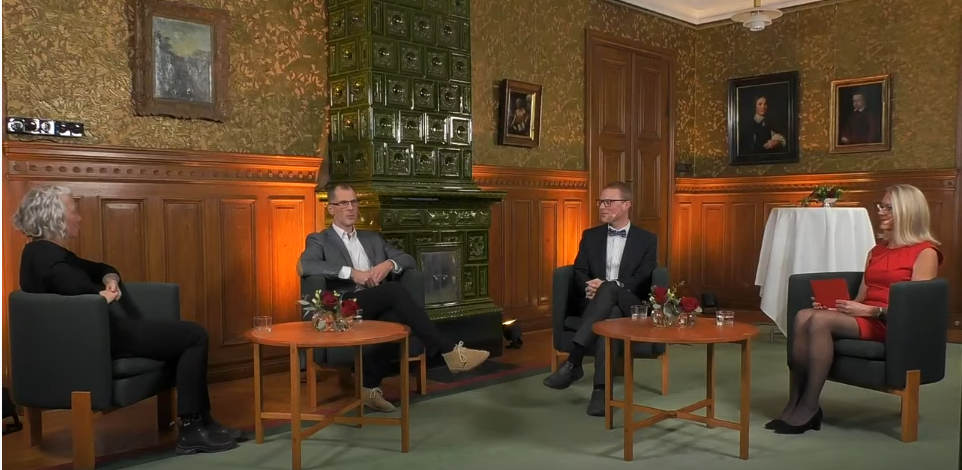





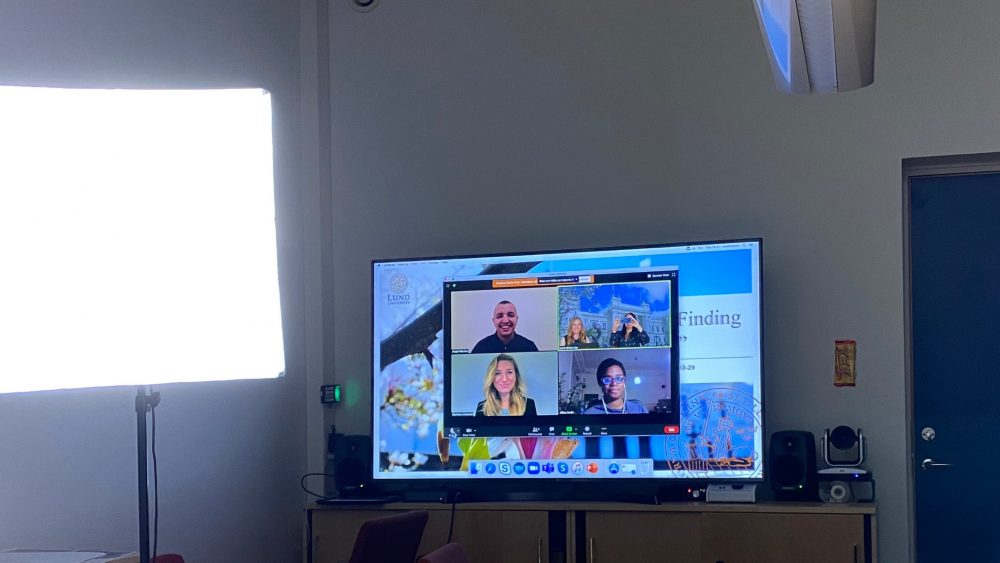
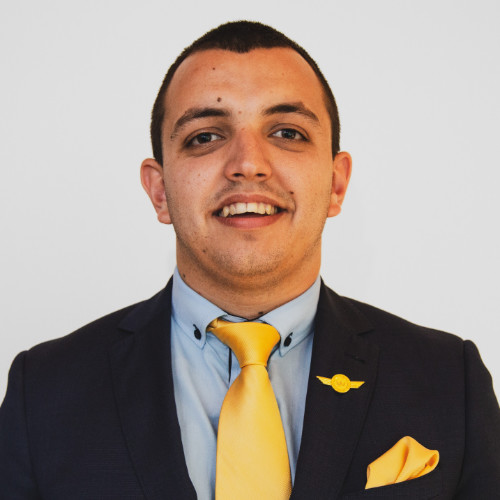
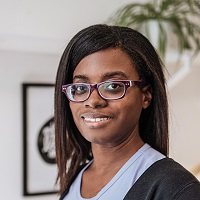
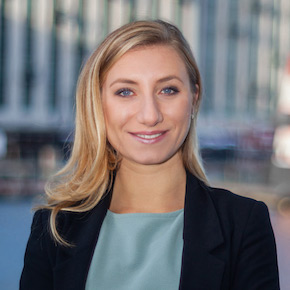





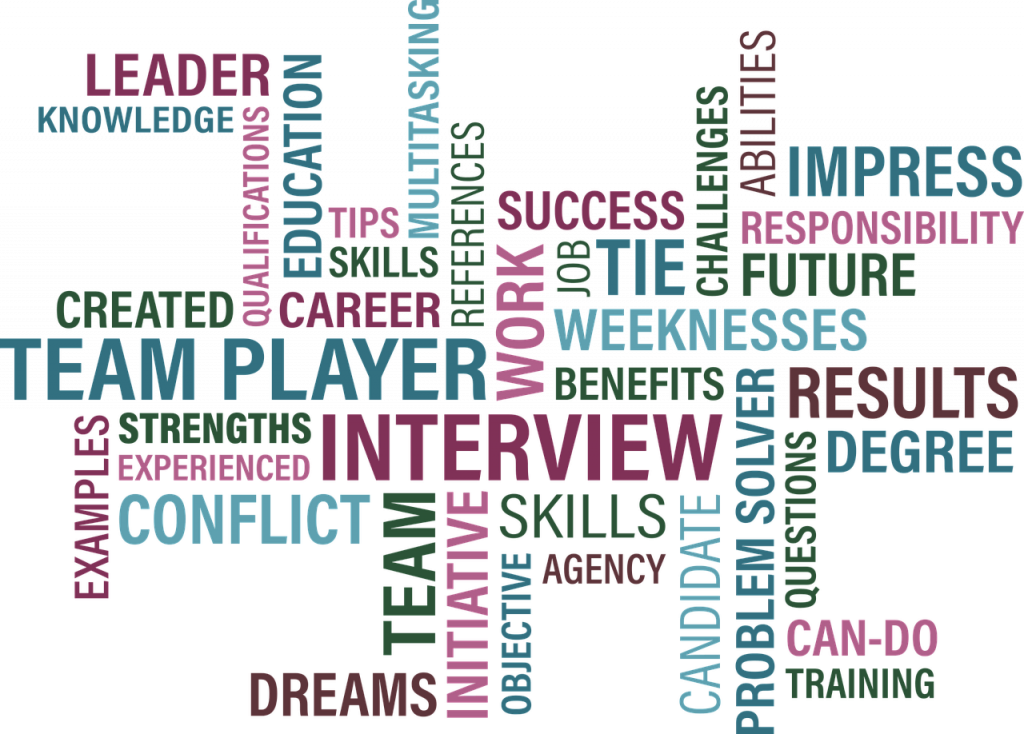

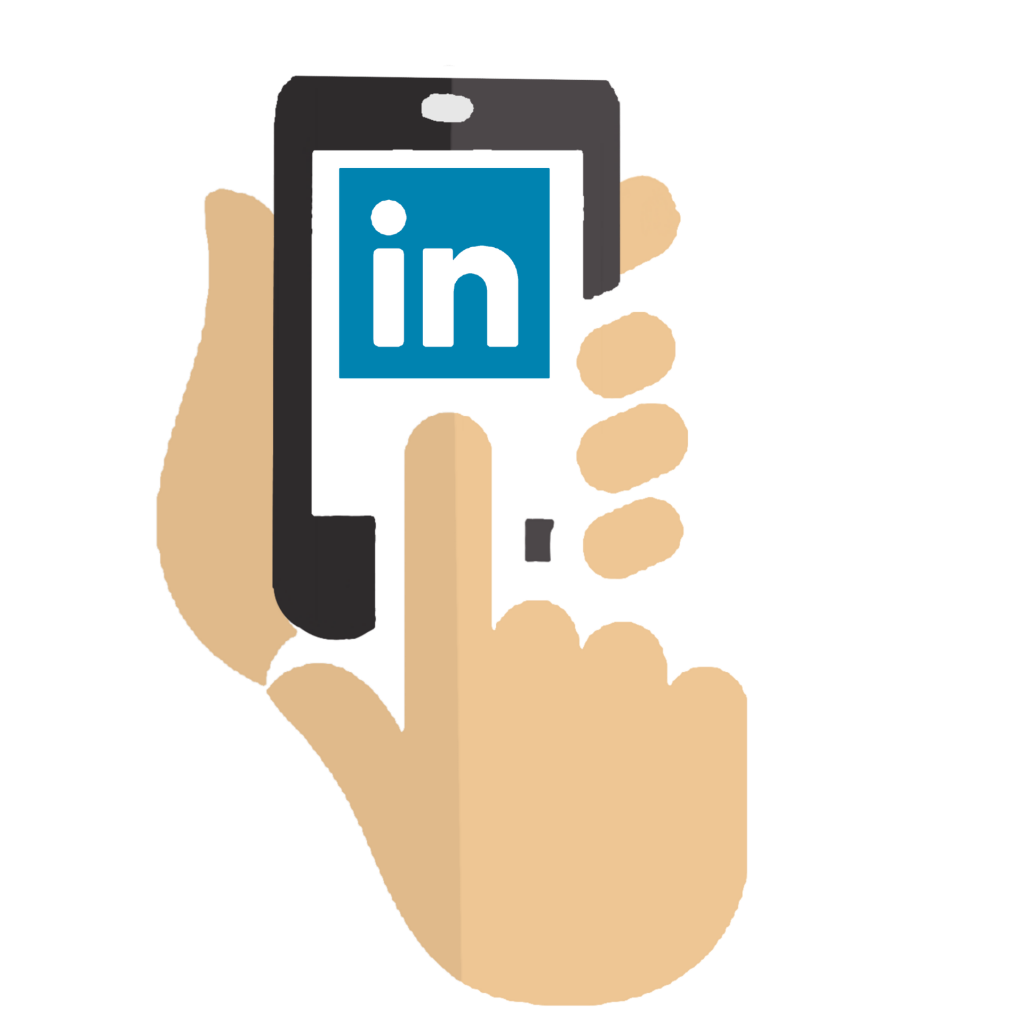

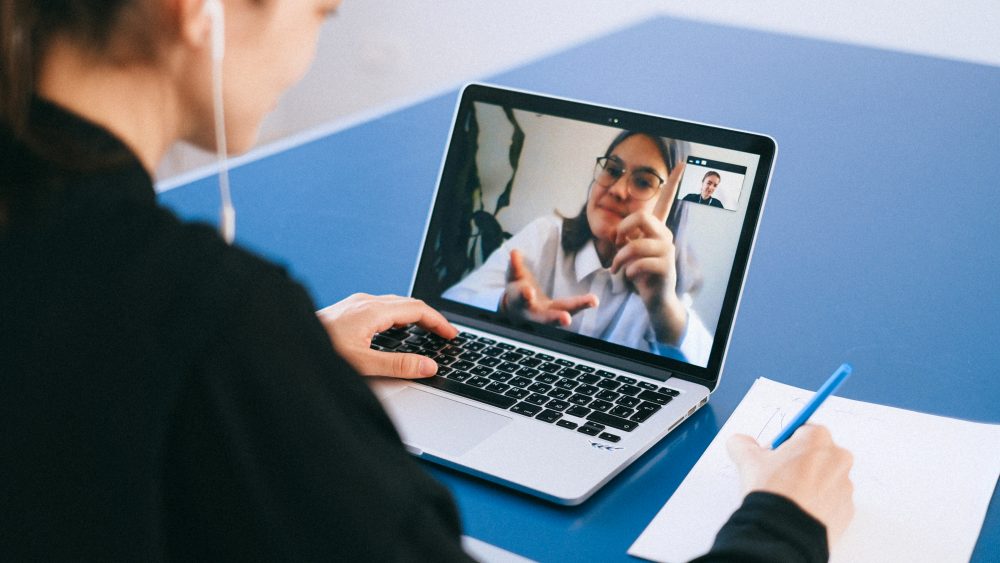
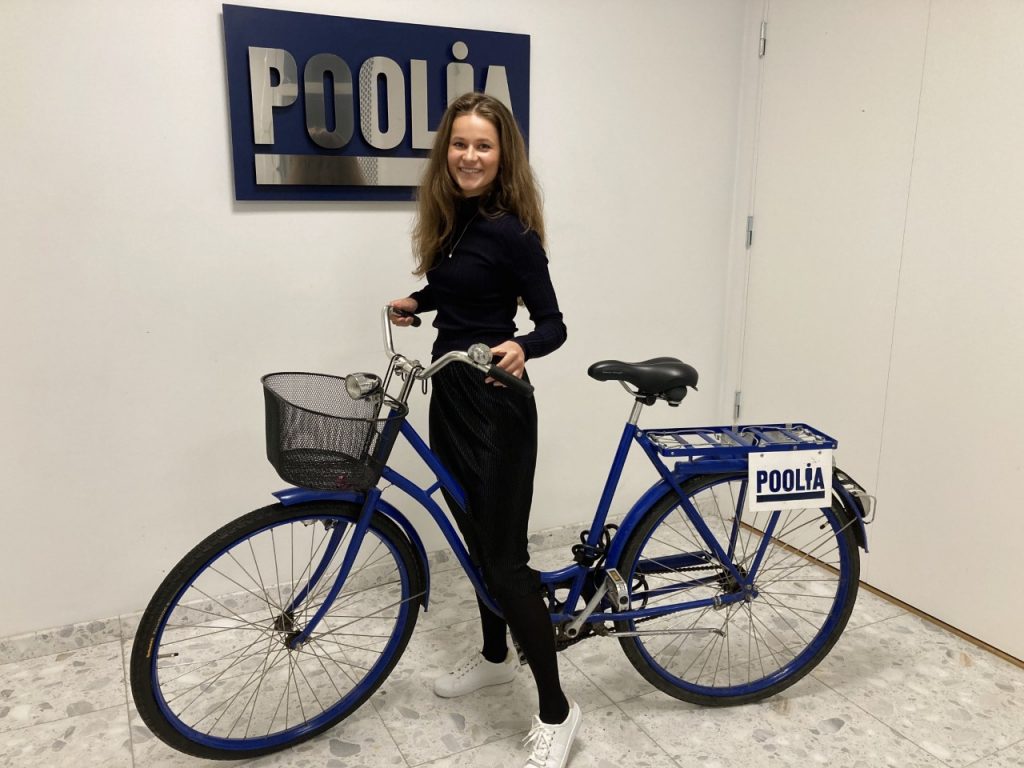

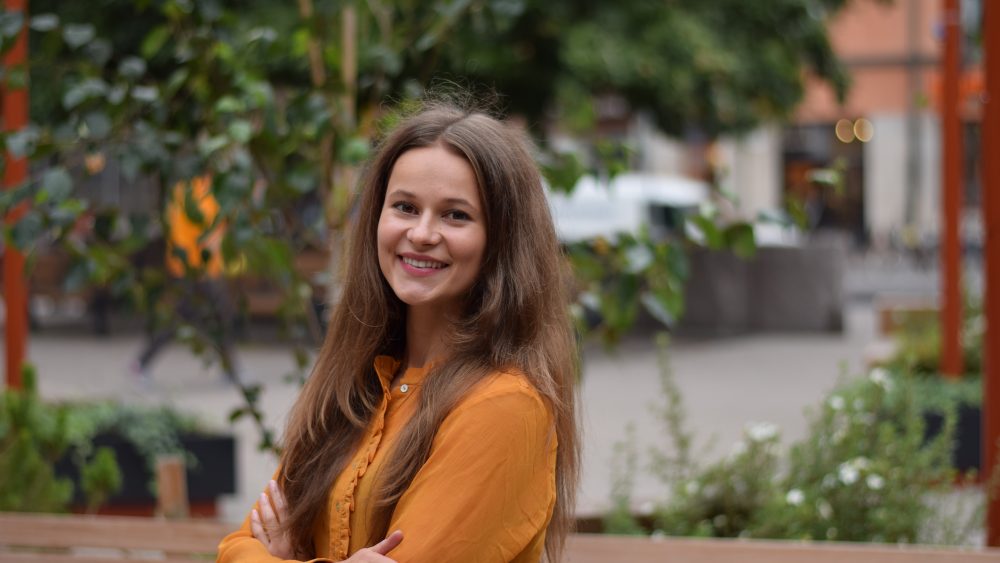
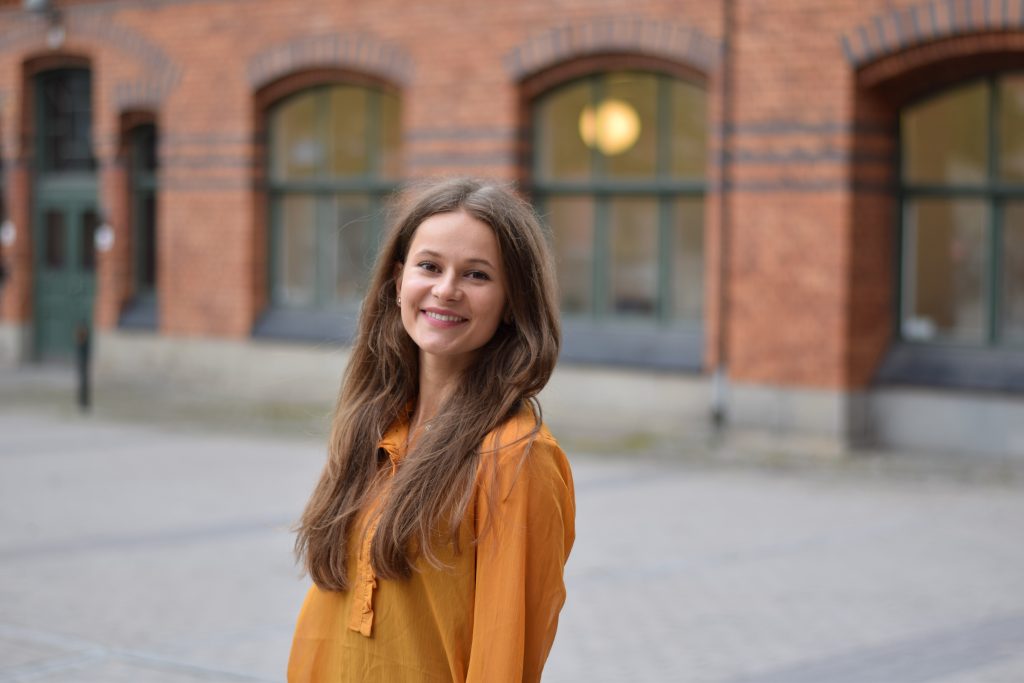
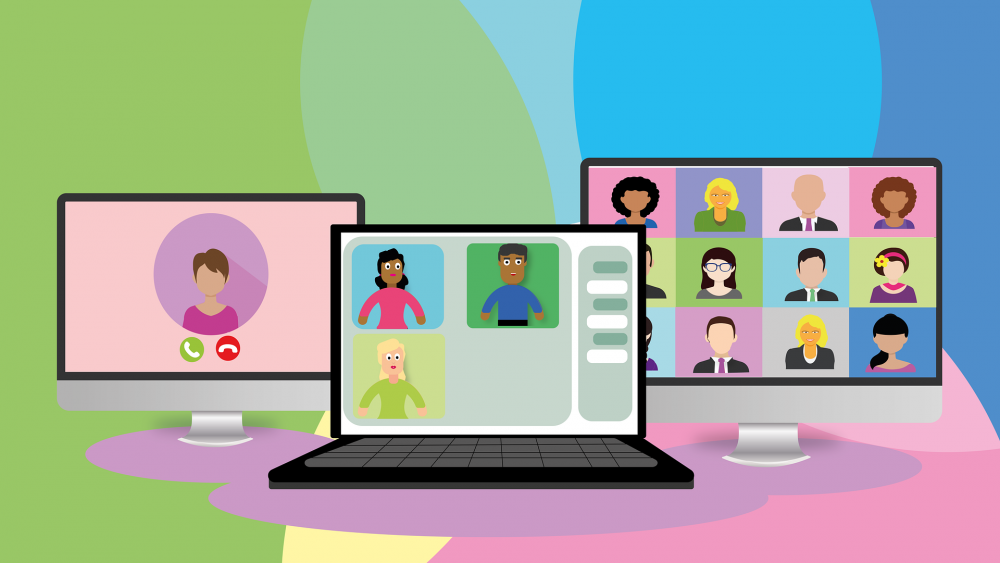

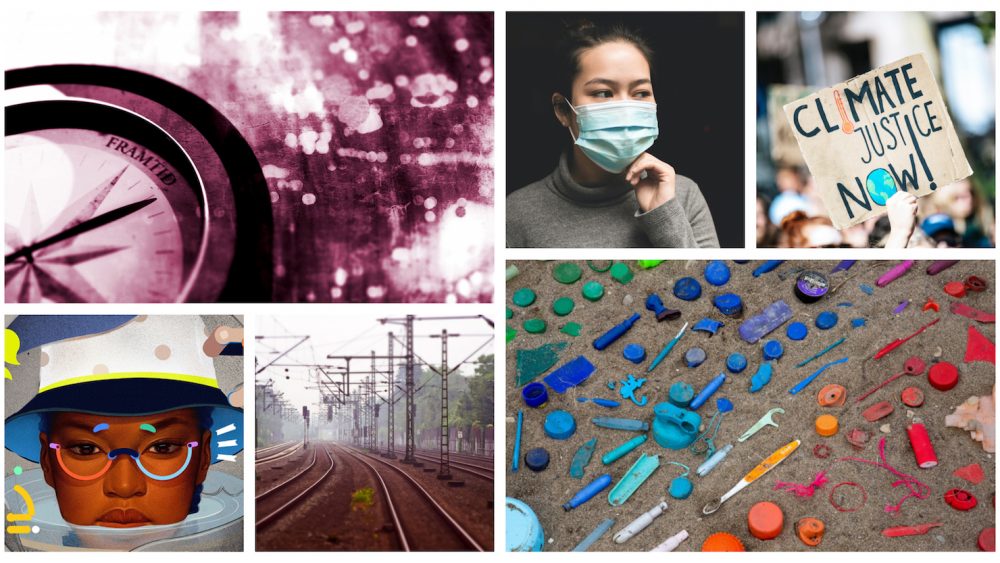

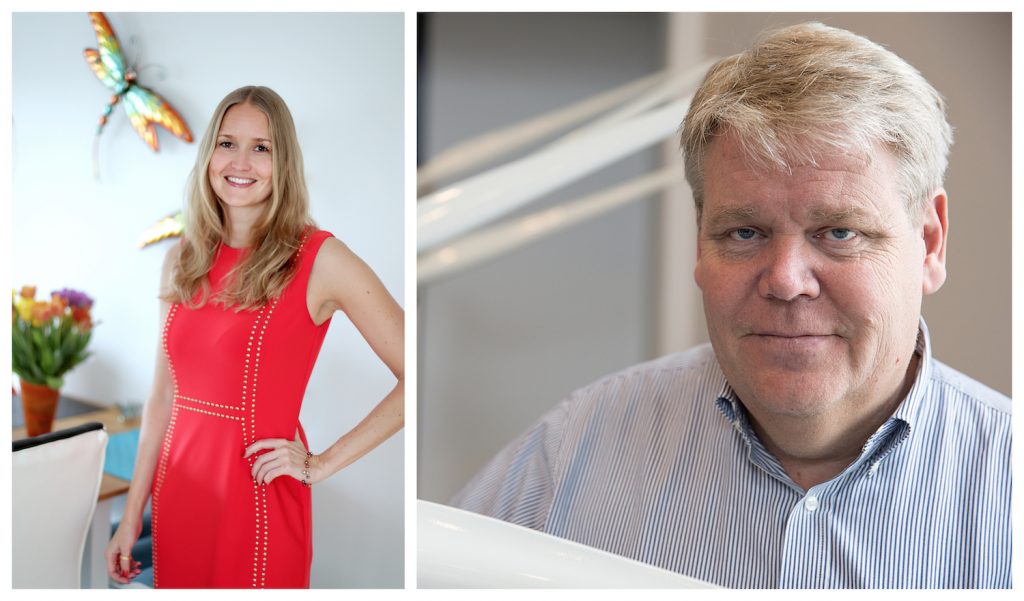
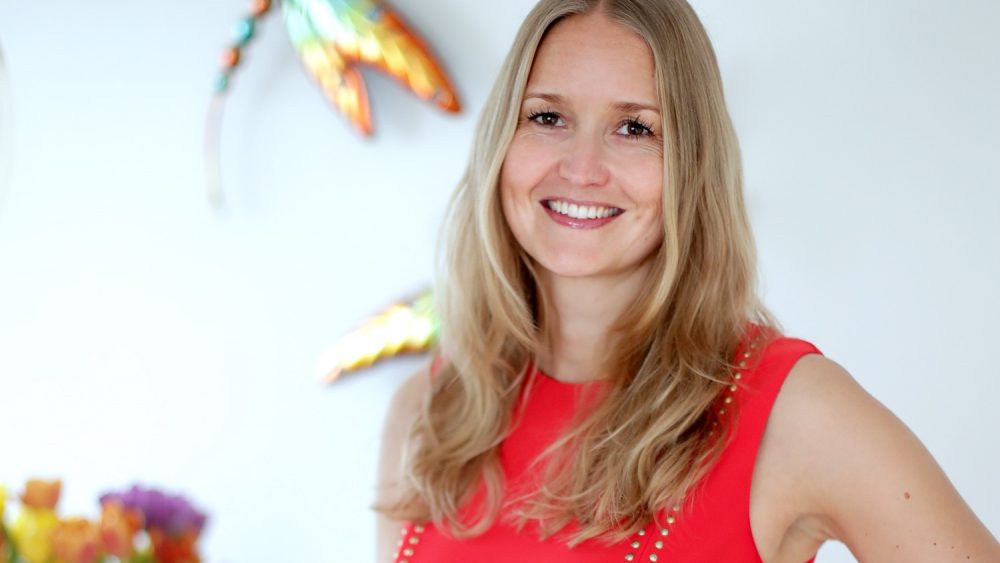
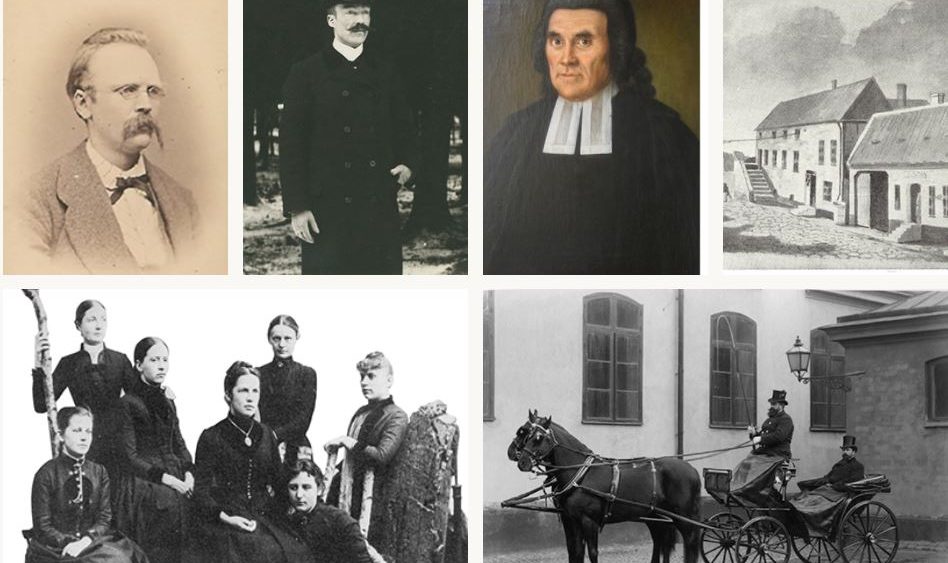
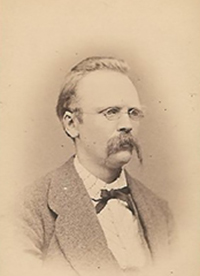
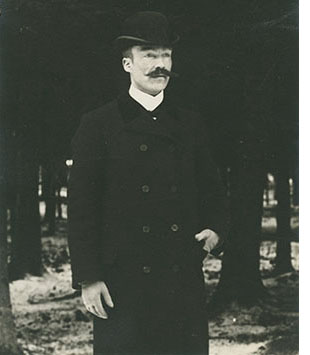
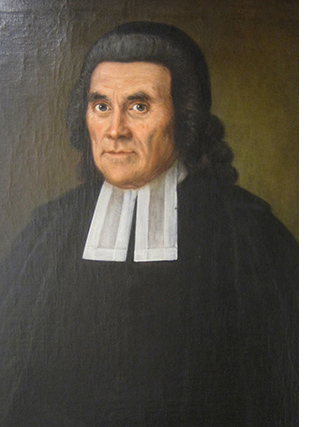
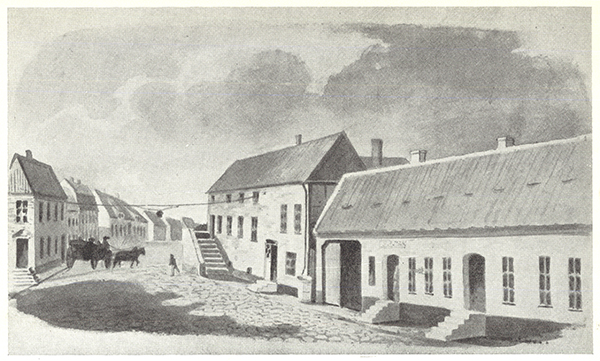
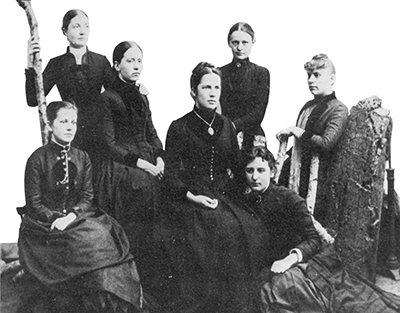
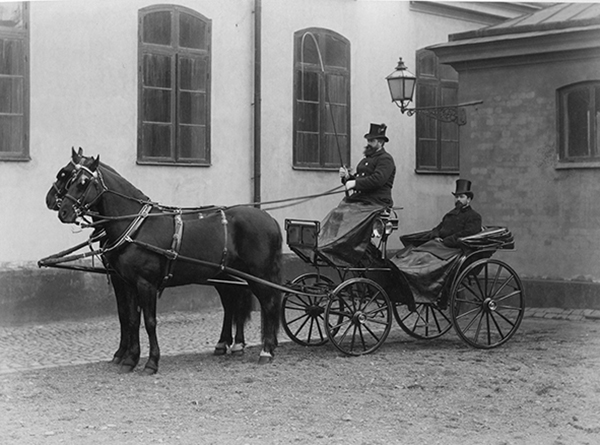
Comments